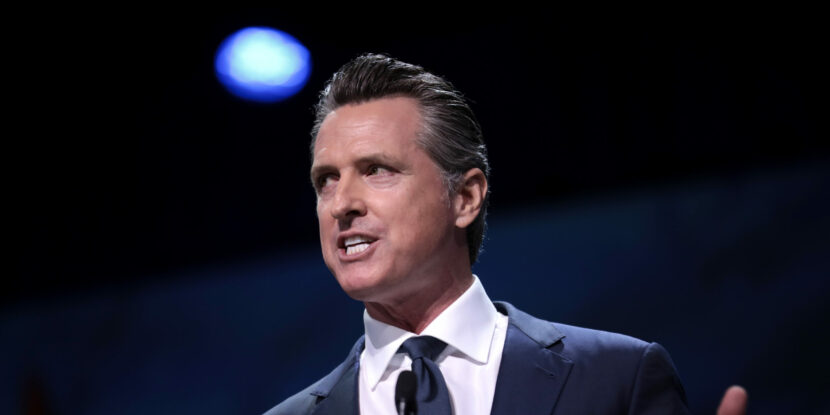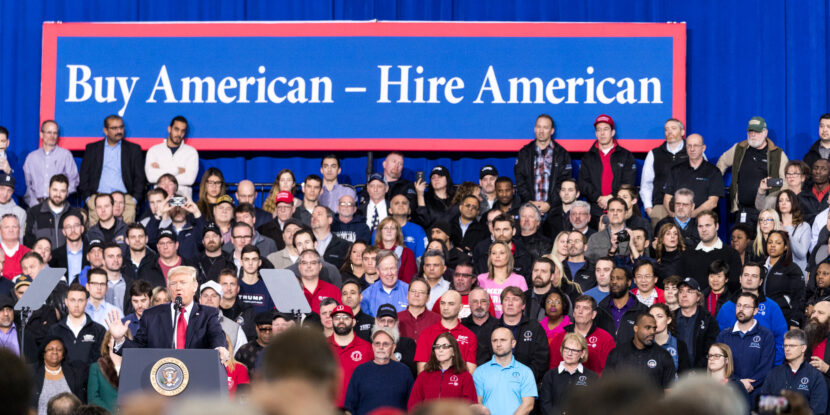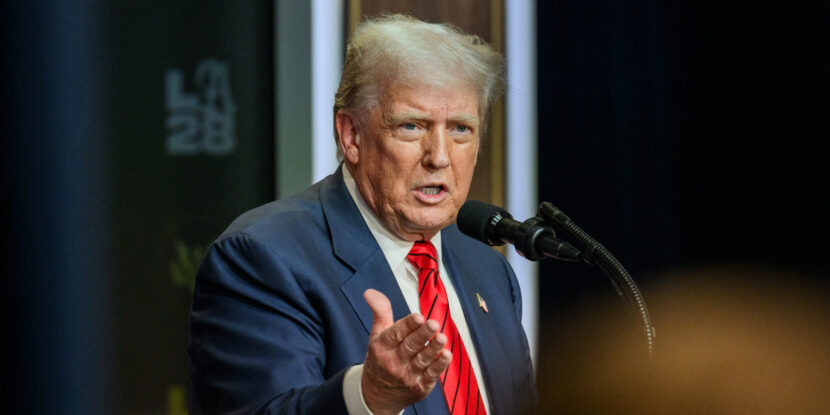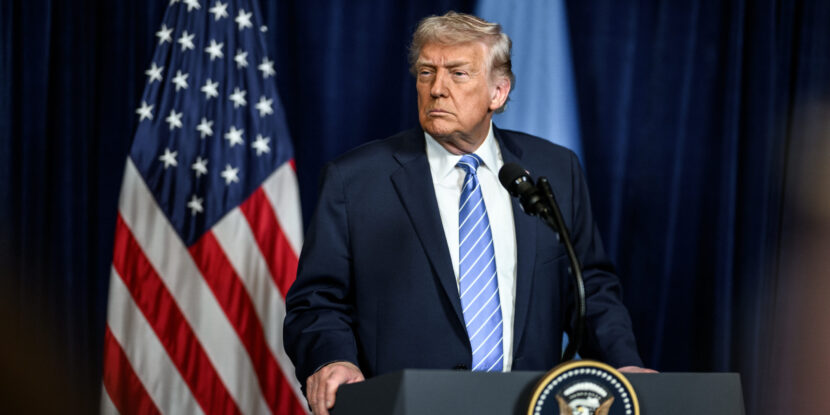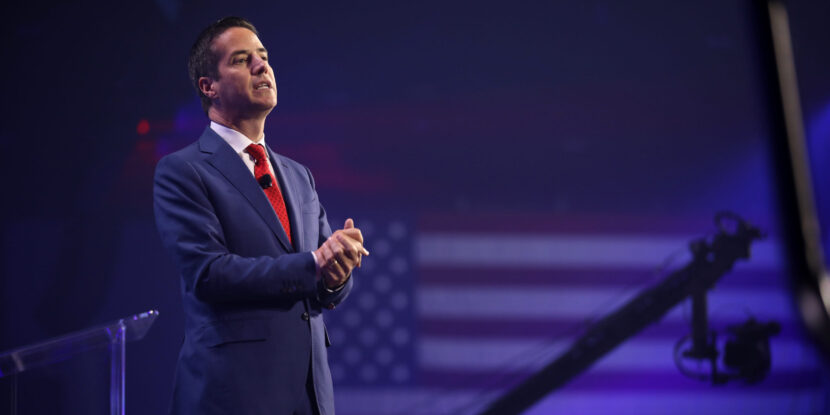❓WHAT HAPPENED: The British current affairs magazine The Economist argues in its latest Lexington column that President Donald J. Trump’s plummeting popularity stems from his falling into the same trap that ensnared his predecessor, Joe Biden, by appearing tone-deaf to the economic realities faced by the average American.
👤WHO WAS INVOLVED: The Economist, columnist James Bennet, President Trump, former President Biden, and American consumers.
📍WHEN & WHERE: The magazine’s Lexington column was published in late November 2025.
💬KEY QUOTE: “The most obvious mutual mistake, as has been widely noted, is denialism about inflation.” — James Bennet
🎯IMPACT: The Trump White House appears preoccupied with foreign policy adventurism and may miss the window of opportunity ahead of the 2026 midterm elections to shift its focus to domestic policy, especially issues such as affordability.
The British current affairs magazine The Economist argues in its latest Lexington column that President Donald J. Trump‘s plummeting popularity stems from his falling into the same trap that ensnared his predecessor, Joe Biden, by appearing tone-deaf to the economic realities faced by the average American. James Bennet, who pens the magazine’s Lexington column, contends that while President Trump “has greater strength as a communicator,” he is rapidly losing his political base and will likely face an increasingly independent Congress as his final term in office enters its second year.
“The most obvious mutual mistake, as has been widely noted, is denialism about inflation. Mr Biden called it temporary,” Bennet writes, continuing: “Though Mr Trump experimented in April with hard truths about tariffs, saying children should be satisfied ‘with two dolls instead of 30 dolls’, he has generally insisted tariffs do not cause inflation, that, in fact, he has defeated inflation, prices are falling and ‘we have the greatest economy we’ve ever had’.”
“Such Trumpian bluster often works. But in this case his whoppers are falsified in the daily lives of Americans and by the increasingly frantic efforts of his administration to bring prices down, including by cancelling tariffs,” Bennet adds.
While a recent study by the Federal Reserve Bank of San Francisco confirmed what The National Pulse has long reported—that tariffs are not inflationary—prices remain elevated, especially the cost of groceries and housing. The latest Consumer Price Index (CPI) report shows that beef prices have increased by nearly 15 percent, while coffee prices have risen by 20 percent, and the cost of a banana has increased by seven percent.
The Trump White House appears preoccupied with foreign policy adventurism and may miss the window of opportunity ahead of the 2026 midterm elections to shift its focus to domestic policy, especially issues such as affordability. Even more troubling for the President is new data showing manufacturing slowing in November, primarily due to high prices exerting downward pressure on demand. Notably, President Trump’s tariffs have a deflationary effect on the American economy, meaning they suppress demand and decrease consumption.
Bennet notes that The Economist’s composite poll shows President Trump’s “net approval on inflation and prices is 33 points to the negative.”
Join Pulse+ to comment below, and receive exclusive e-mail analyses.









